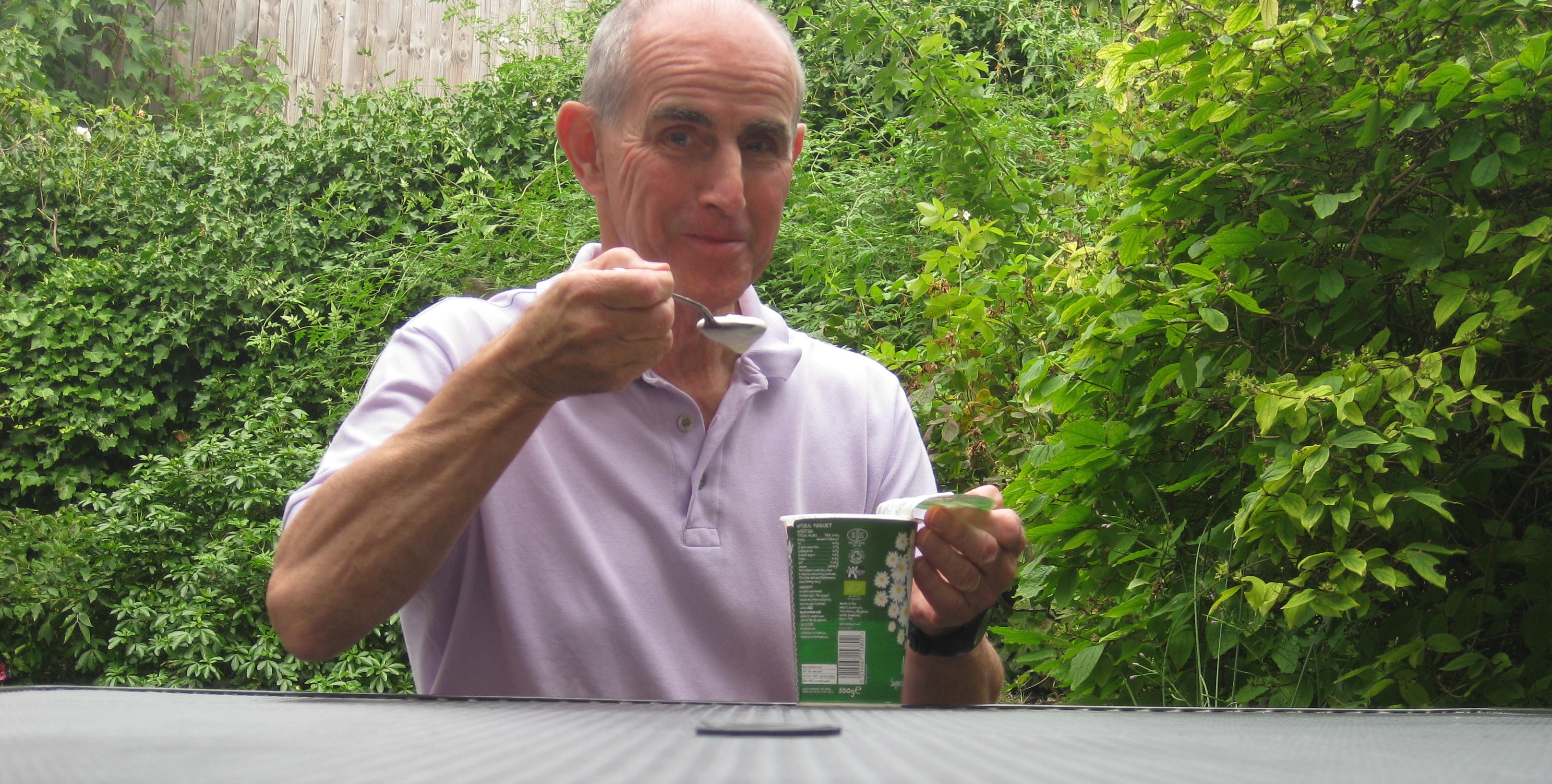Your Stomach And Exercise

Your Stomach And Exercise
The health of your tummy or gut is important for your optimal health and wellbeing. It affects the functioning of your immune system, your psychological processes and influences your weight and a wide variety of other health factors.
Your gut consists of a large community of micro – organisms and they live in your digestive tract. Your gut bacteria is also known as gut microbiota.
Gut microorganisms benefit the host by gleaning the energy from the fermentation of undigested carbohydrates and then the absorption of some fatty acids. Your body carries about 100 trillion microorganisms in its intestines. Apparently that’s more than the number of cells you have in your body. These metabolic activities carried out by these bacteria resemble those of a human organ and some people refer to the bacteria as a forgotten organ. For these reasons it’s a good idea to take your gut seriously, which is something that I don’t always do.
Researchers have found that athletes who exercise intensely and have a high protein diet have a greater diversity of gut bacteria, which may have immune boosting properties. One particular species of bacteria found in greater amounts in the athlete’s gut has been linked to the reduced risk of obesity and systemic inflammation.
However, research has found that people who are not athletes who eat a high protein diet tend to have far less diversity of gut bacteria compared to those who eat less meat. A study compared two communities in Malawi and the Guahibo of Venezuela with the USA. The people of Malawi and the Guahibo have similar diets of corn and cassava with the occasional meat. The study found that the people in Malawi and Venezuela had better gut flora than people in the USA. The USA tends to have a more carnivorous diet with more white bread, white pasta, milk and other dairy products.
Athletes and other sports people who train hard have a high protein diet to help them compete. It is not good for non-athletes to have a high protein diet. The recommended amount of protein in your diet should be between 10% – 15% of your total calorie intake. This is included in a diet rich in whole unprocessed foods along with cultured or fermented foods e.g. yoghurt.
Recent research has found that exercise may promote bacterial diversification. In this research they had two control groups and related it to the athletes, mentioned above. One was of men with a normal Body Mass Index (BMI) who engaged in occasional light exercise and sedentary men who were overweight or obese and in conclusion the researchers said that the results show that exercise has a beneficial impact directly on gut microbiota diversity.
The athletes not only ate a more varied diet than the control groups including higher protein and fruit and vegetables. The control groups ate fewer fruits and vegetables and ate more snacks. The research noted that exercise was an important factor in the relationship between microbiota, host immunity and host metabolism with diet playing an important role. On the other hand the results have been criticised because they don’t necessarily prove that exercise was the factor in changing the gut bacteria.
Any bacterial imbalance in your gut can be made worse by eating processed foods and the control groups consumed these more than the athletes. Like processed foods sugar of all kinds promote the growth of yeasts and fungi inside your gut. These yeasts and fungi may contribute towards illness and disease.
Fermented foods e.g. yoghurt are known to act as natural fertilisers providing nutrients and promoting the growth of healthy bacteria in your digestive tract and they also help get rid of toxins such as pesticides from your body.
So unless you are an athlete do not have a high protein diet but think carefully about what you are eating. Also, do bear in mind that exercise does look as though it is beneficial to bacterial diversification and therefore benefits your health.


